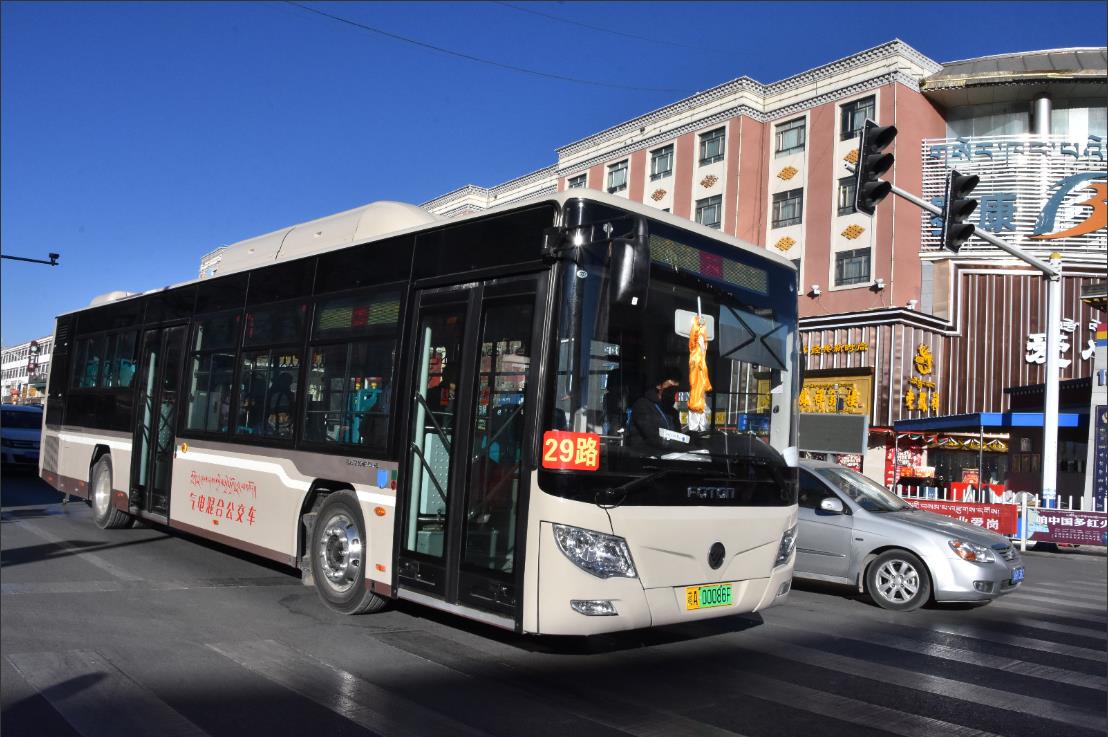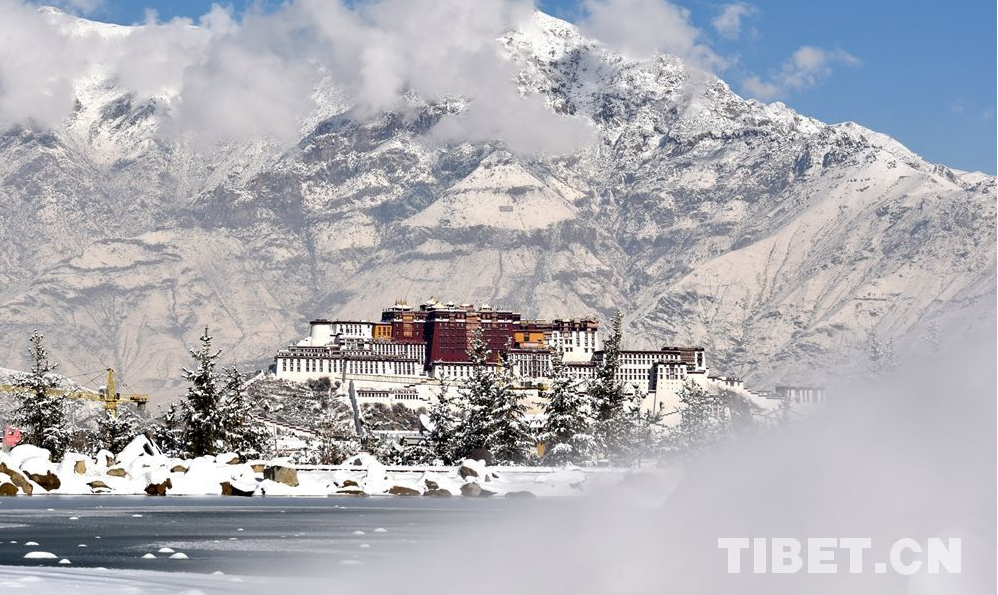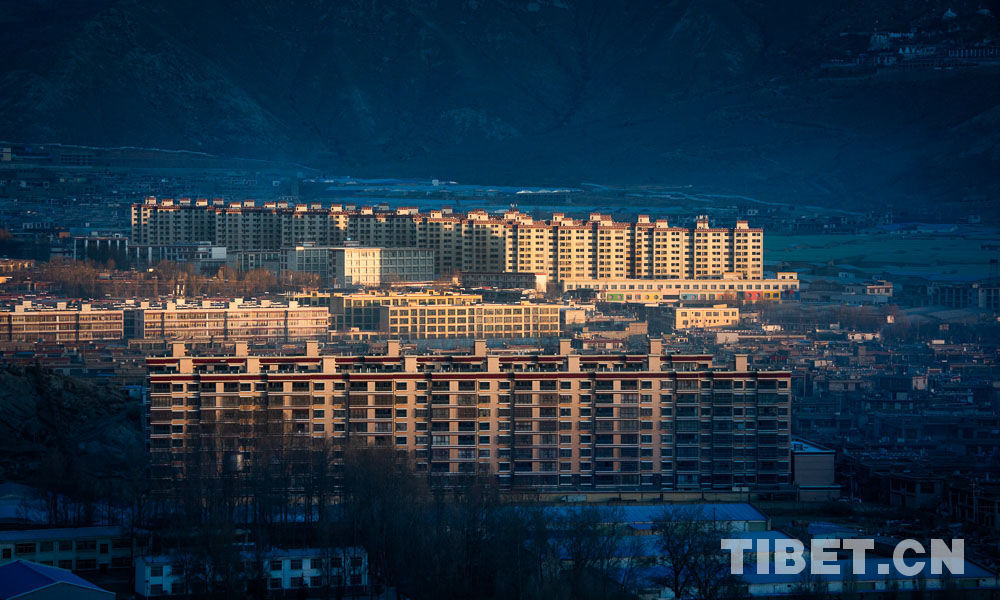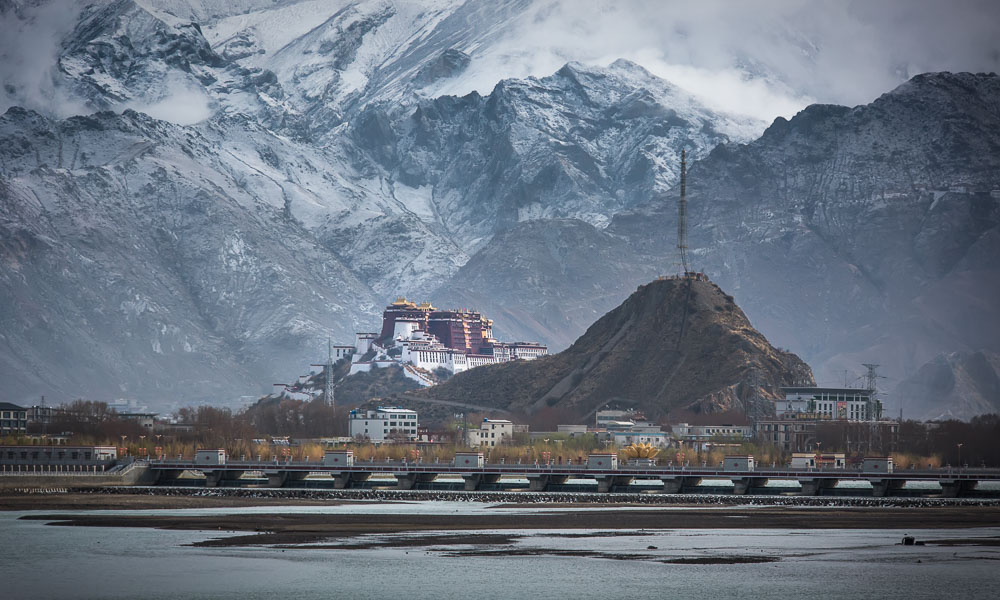New Tibet center helps people adjust to altitude
The Lhasa People's Hospital of the Tibet autonomous region has recently established an altitude acclimatization rehabilitation center to provide training and treatment for people who are not accustomed to the high-altitude environment, according to the hospital.
With an average altitude over 4,000 meters, Tibet is known as the globe's third pole, and many outsiders fear traveling or working in Tibet due to high-altitude sickness, which can cause headaches, vomiting, breathing difficulties, ringing in the ears and fainting.
According to the hospital, the center is the first of its kind in the region, and it aims to provide better medical services to people who are dispatched from other provinces to aid the region in various fields.
"It has vital meaning for dealing with the so-called 'Tibet phobia' among people who visit the region for the first time. The center can help relieve many high-altitude symptoms, and help improve sleep quality," said Gao Daiquan, the director of the hospital's neurology department.
With funding of more than 1.5 million yuan ($218,225) invested by the governments of Beijing and Tibet, the center has some of the most advanced equipment such as anoxia adaptors and multiparameter monitors. The equipment can help adjust blood oxygen levels, high blood pressure and heart rate, Gao said.
The center currently has four doctors and three medical assistants.
"Different from treating high plateau diseases, the center aims to provide training for people who come to work in Tibet. The training will help them feel comfortable, confident and safe to work in high-altitude places," said Gao, who is also an Aid-Tibet doctor dispatched from the Beijing-based Xuanwu Hospital affiliated to Capital Medical University.
The headquarters of the center are located in Beijing, and its branches are based in Beijing, Tibet and Qinghai province, according to the hospital.
The center has a telemedicine center, a teleconference room, a health management office, a primary training room, a wearable experience room and a functional evaluation area.
The center is now in its trial operation period. People have to make an appointment one day ahead of the training, which takes place in the afternoons.
Anyone wanting acclimatization rehabilitation training has to receive a medical examination first to check blood pressure, blood oxygen level and heart rate.
After the preliminary checkup, the patient will be taken to the primary training room and intensive training room for high-altitude acclimatization training, Gao said.
It will take several weeks or several months to benefit from treatment, and patients are required to have training two to three times a week.
The patients include the participants in the Aid-Tibet governmental staff as well as outsiders who work or live in Tibet, said Gao.
"In the future, the center hopes to have a preliminary medical checkup for people who plan to visit Tibet, and it will help them to evaluate their health more accurately."
Tibet Stories
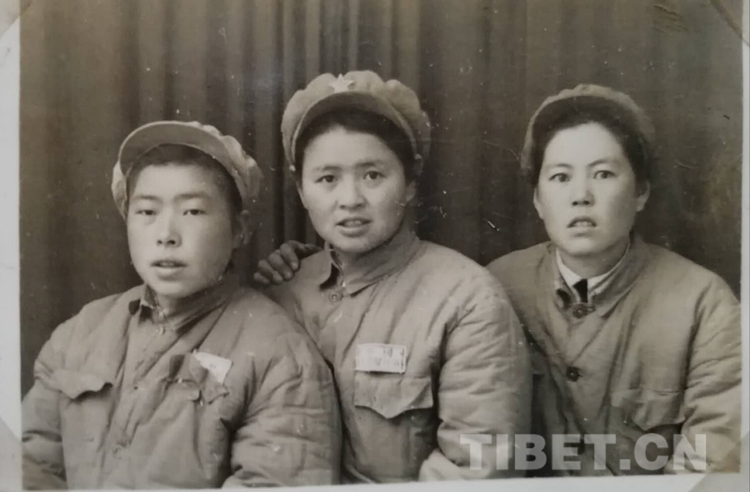
My parents were soldiers of the 18th Army
In 1950, the 18th Army of the Second Field Army of PLA was ordered to set off on the journey...
Editor’s Choice
- Tibet shows it cares for a cleaner Mt Qomolangma
- The United States' new tactics of interfering in the internal affairs of China
- Prominent Belgian sinologist says nobody can deny rapid economic development of Tibet
- Tibet's cultural industry sees sound development
- 11th Panchen Lama: abolition of serfdom engraved in the minds of the people

